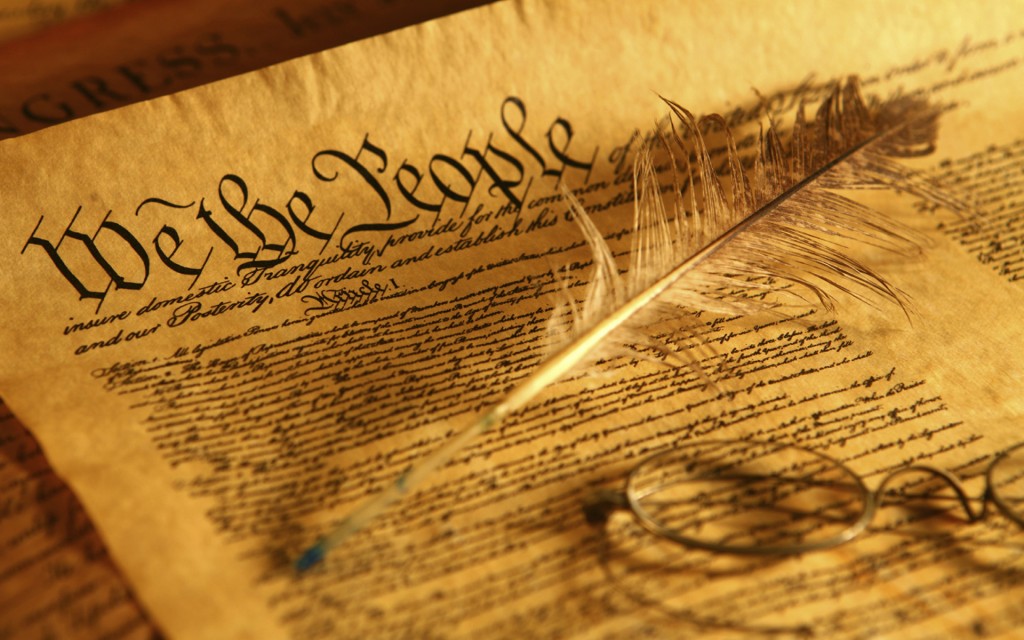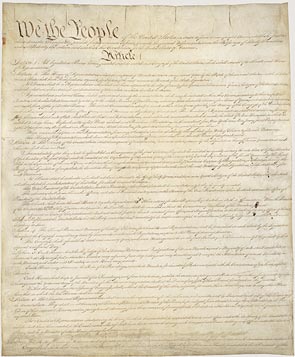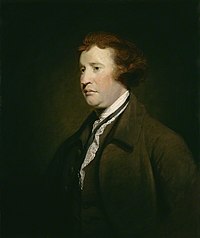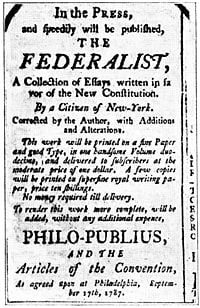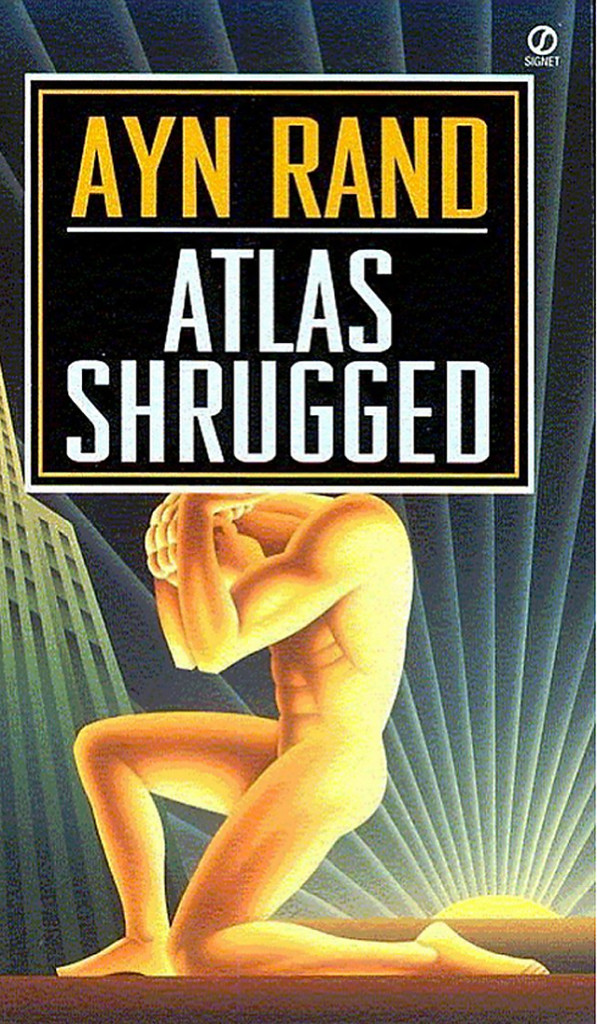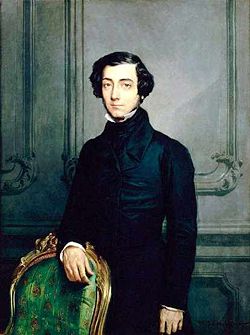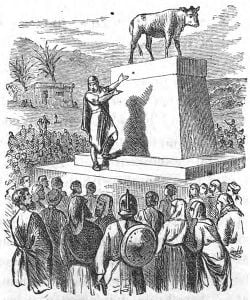In 1761, fifteen years before the United States of America burst onto the world stage with the Declaration of Independence, the American colonists were loyal British subjects who celebrated the coronation of their new King, George III. The colonies that stretched from present-day Maine to Georgia were distinctly English in character although they had been settled by Scots, Welsh, Irish, Dutch, Swedes, Finns, Africans, French, Germans, and Swiss, as well as English.
U.S. Constitution-Annotated
We the people of the United States, in order to form a more perfect union, establish justice, insure domestic tranquility, provide for the common defense, promote the general welfare, and secure the blessings of liberty to ourselves and our posterity, do ordain and establish this Constitution for the United States of America.
U.S. Constitution
We the People of the United States, in Order to form a more perfect Union, establish Justice, insure domestic Tranquility, provide for the common defence, promote the general Welfare, and secure the Blessings of Liberty to ourselves and our Posterity, do ordain and establish this Constitution for the United States of America.
Edmund Burke (1729-1797)
Edmund Burke was an Anglo-Irish statesman, author, orator, political theorist, and philosopher who, after moving to England, served for many years in the House of Commons of Great Britain as a member of the Whig party. He is mainly remembered for his support of the cause of the American Revolutionaries, and for his later opposition to the French Revolution.
The Federalist Papers
The Federalist Papers are a series of 85 articles arguing for the ratification of the United States Constitution. They were first published serially from October 1787 to August 1788 in New York City newspapers. A compilation, called The Federalist, was published in 1788. The Federalist Papers serve as a primary source for interpretation of the Constitution, as they outline the philosophy and motivation of the proposed system of government. The authors of the Federalist Papers also used the opportunity to interpret certain provisions of the constitution to (i) influence the vote on ratification and (ii) influence future interpretations of the provisions in question.
Apocalypse Now: Wisconsin vs. Big Labor
Welcome to the reckoning. We have met the fiscal apocalypse, and it is smack dab in the middle of the heartland. As Wisconsin goes, so goes the nation. Let us pray it does not go the way of the decrepit welfare states of the European Union.
The lowdown: State government workers in the Badger State pay piddling amounts for generous taxpayer-subsidized health benefits. Faced with a $3.6 billion budget hole and a state constitutional ban on running a deficit, new GOP Gov. Scott Walker wants public unions to pony up a little more. He has proposed raising the public employee share of health insurance premiums from less than 5 percent to 12.4 percent. He is also pushing for state workers to cover half of their pension contributions. To spare taxpayers the soaring costs of Byzantine union-negotiated work rules, he would rein in Big Labor’s collective bargaining power to cover only wages unless approved at the ballot box.
“Atlas Shrugged”-Ayn Rand
Who is John Galt? When he says that he will stop the motor of the world, is he a destroyer or a liberator? Why does he have to fight his battles not against his enemies but against those who need him most? Why does he fight his hardest battle against the woman he loves?
Alexis De Tocqueville (1805-1859)
An aristocratic Frenchman who came to the U.S. in 1831 — when he was only 25 years old — and later wrote “Democracy in America,” a two-volume study of the American people and their political institutions. The book is frequently quoted by journalists and politicans.
How to Get Rich from Liberal Delusions
The secret to instant wealth is to spot a mass delusion and bet against it. The Tulip Craze. Florida swamp land.
Getting the timing right is tricky, but we are blessed with an overload of mass delusions. You can pick your own favorite. Delusional bubbles have to pop at some point, because the people who are paying for them eventually figure out that they’ve been had.

